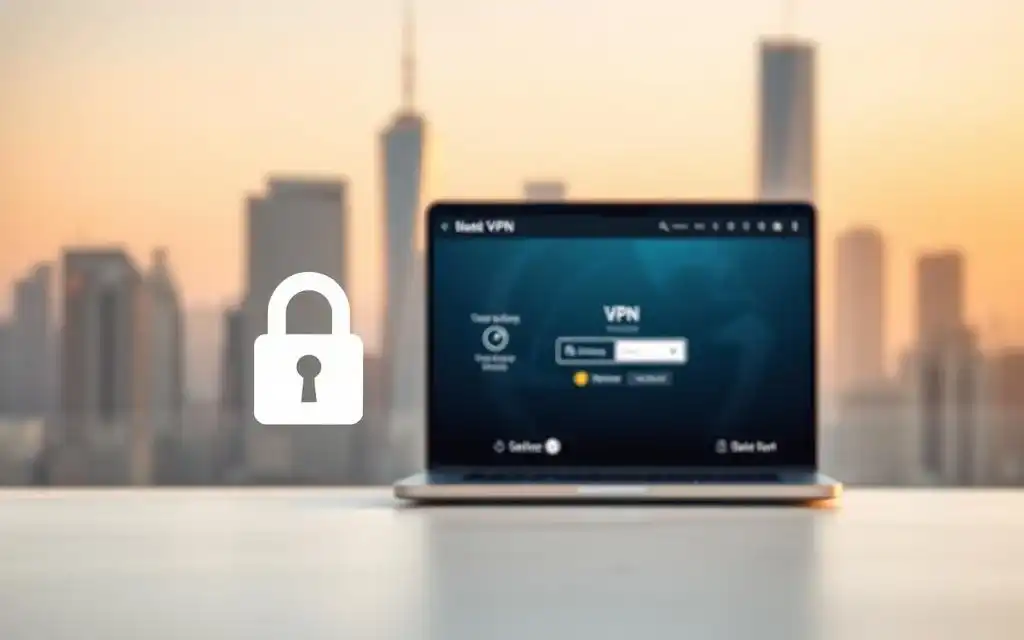The digital landscape is in a constant state of flux, and with it, the tools we use to navigate it are evolving at a breakneck pace. The Virtual Private Network (VPN), once a niche utility for cybersecurity experts and hardcore privacy advocates, has firmly entered the mainstream. Its purpose and application have expanded far beyond simple anonymity, reflecting broader shifts in how we work, play, and connect online. Understanding the latest trends in consumer vpn usage is no longer just for the tech-savvy; it's essential for anyone looking to protect their digital life, unlock the full potential of the internet, and make informed choices about their online security. The modern user demands more than just a hidden IP address; they want speed, access, transparency, and a comprehensive security solution, and the VPN industry is racing to meet these new expectations. Beyond Privacy: The Surge in Entertainment and Access For years, the primary marketing message and user motivation for adopting a VPN was singular: privacy. The narrative was simple—your Internet Service Provider (ISP) is watching you, advertisers are tracking you, and hackers are trying to steal your data. While these concerns remain incredibly valid and are still a core reason for VPN adoption, a massive shift has occurred. A significant, and in some demographics, a primary driver for VPN usage today is entertainment and content access. The internet was envisioned as a global network, but reality has delivered a fragmented web, with digital borders dictating what you can watch, hear, and even purchase based on your physical location. This trend is a direct consequence of the "streaming wars." With the proliferation of services like Netflix, Disney+, Amazon Prime Video, and region-specific platforms like the BBC iPlayer or Hulu, content licensing has become a complex web. A show available in the United States may be completely inaccessible in Europe or Asia on the same platform. Consumers, paying for these services, feel justifiably frustrated by these artificial limitations. A VPN is the simplest, most effective key to unlocking this content. By routing their connection through a server in another country, users can make it appear as if they are browsing from that location, instantly gaining access to a different library of content. This desire for access extends beyond just streaming video. Music streaming services, live sporting events, and even video game release dates can be region-specific. Furthermore, savvy online shoppers have discovered that prices for flights, hotels, and retail goods can vary dramatically depending on the country they appear to be shopping from. A VPN allows them to "shop around" the globe for the best deal. For millions, the VPN has transformed from a passive privacy shield into an active tool for a more open and unrestricted internet experience. This makes geo-unblocking capability a top-tier feature that users actively seek and test when choosing a provider. ### The Streaming Wars as a VPN Growth Engine The fragmentation of digital media is arguably the single biggest catalyst for mainstream VPN adoption in recent years. A user might subscribe to Netflix, but they are only getting access to the Netflix library licensed for their specific country. This creates a powerful incentive to use a VPN. For example, a fan of the show It's Always Sunny in Philadelphia in the United States would find it on Hulu, but a fan in the UK would find it on Netflix. A VPN completely erases this frustrating discrepancy. VPN providers have leaned heavily into this trend. It's no longer enough to simply offer a server in the U.S. or U.K. Top-tier providers now dedicate specific servers optimized for certain streaming platforms, ensuring they are not blocked and deliver high-speed, buffer-free performance. Their marketing materials prominently feature logos of popular streaming services, and their support teams are trained to troubleshoot streaming-related issues. For the consumer, a VPN's value is now often measured by its ability to reliably unblock their favorite service, a metric that is just as important as its encryption standards. ### Overcoming Digital Borders and Censorship Beyond entertainment, VPNs serve a crucial role in accessing information in regions with heavy internet censorship. For citizens living under authoritarian regimes, a VPN is not a luxury but a lifeline to the outside world, providing access to uncensored news, social media platforms, and communication tools. This use case highlights the VPN’s fundamental power to promote the free flow of information. This same principle applies on a less critical but still significant level for international travelers. Imagine traveling abroad and being unable to access your online banking portal because it flags a foreign IP address as a security risk. Or a business traveler needing to access a company intranet that is only available from their home country. A VPN allows them to securely connect to a server in their home country, ensuring seamless access to all the digital services they rely on, regardless of where they are in the world. The New Normal: Remote Work and Securing the Home Office The global pandemic was an inflection point for remote work, and its impact on the VPN market cannot be overstated. With millions of employees abruptly shifting from secure corporate office networks to their home Wi-Fi, a massive new security vulnerability emerged. Home networks are notoriously less secure than enterprise environments, often using default router passwords, lacking sophisticated firewalls, and sharing bandwidth with a dozen other insecure smart devices, from TVs to thermostats. This "new normal" created an urgent need for enhanced security. While many companies provide a corporate VPN for accessing internal servers, a significant trend has emerged where employees are adopting personal consumer VPNs as an additional, always-on layer of security. A corporate VPN typically only encrypts the traffic between the employee's device and the company's server. A personal VPN encrypts all internet traffic from the device, protecting activities like personal browsing, banking, or communications that happen alongside work tasks. This comprehensive protection is crucial on a shared home network. This trend is also driven by the rise of the




